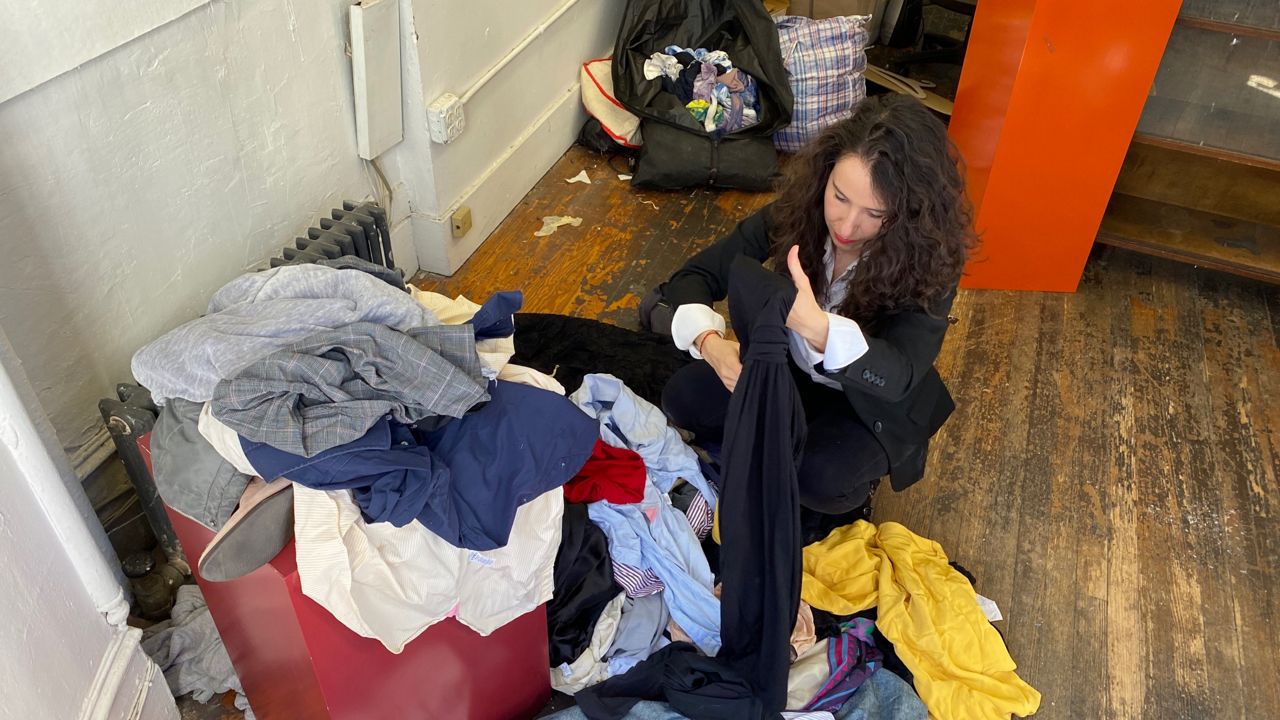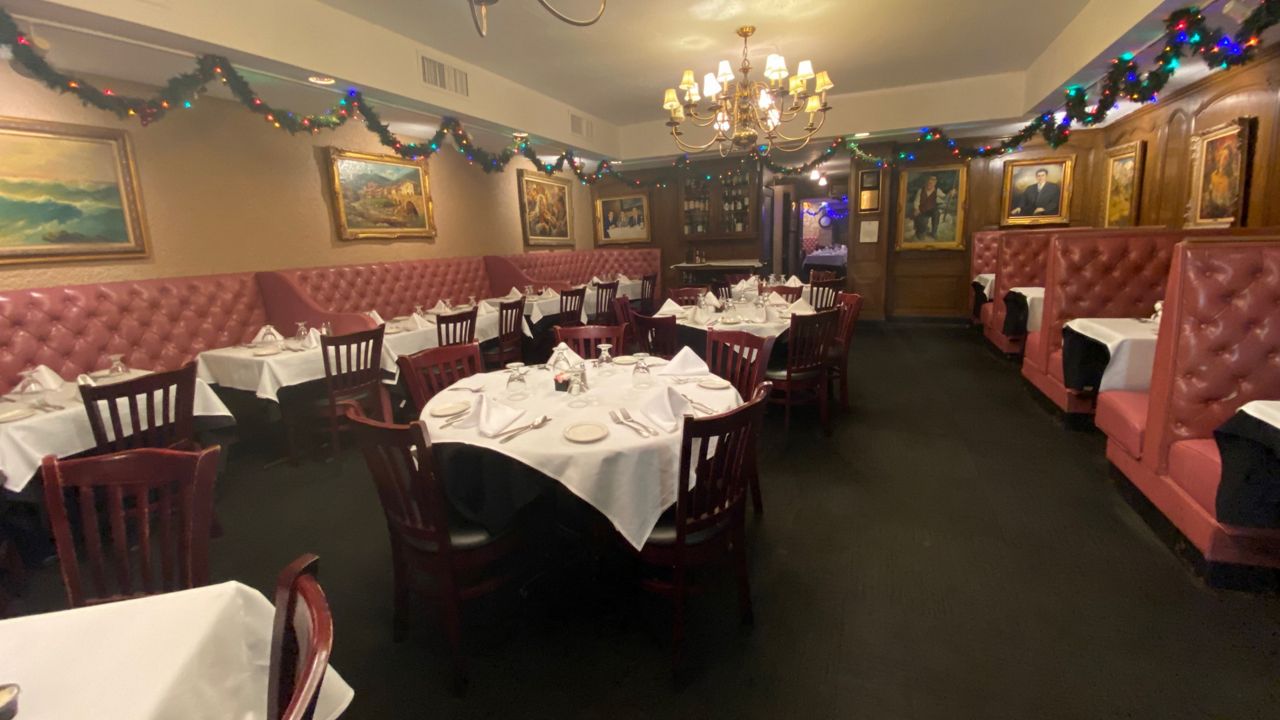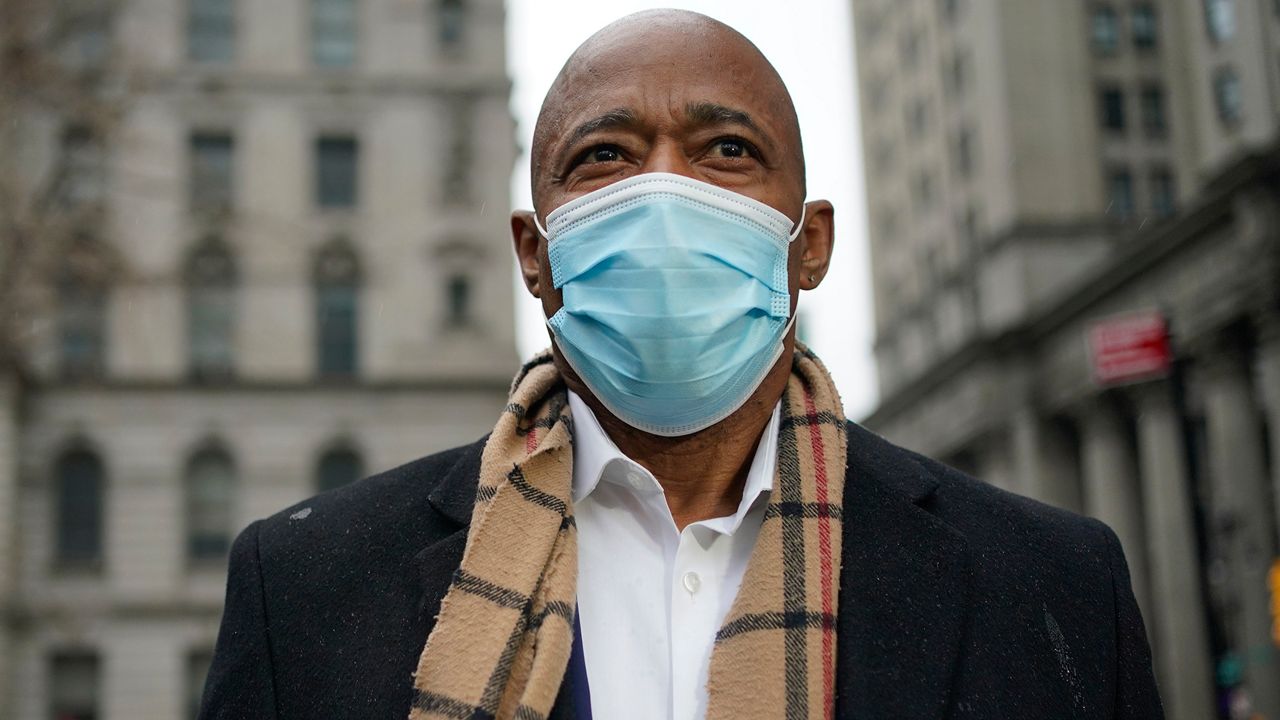NEW YORK - Immigrants bring exciting diversity to the city's food scene; they’re also the backbone of the workforce. And in the restaurant industry, it is still possible to start at the bottom and work your way to the top and achieve the American dream.
But the pandemic is hitting this community hard.
David is a good example. He asked us to call him David. He’s the executive chef at a popular Greenwich Village restaurant. And he’s an undocumented immigrant.
"It's either we work in the industry, or we're delivery people, or cleaning somebody's house. So I started off as a dishwasher," David told us.
David developed a passion for food and worked at nearly 100 restaurants, climbing the ladder until he became executive chef at a village favorite.
When it closed at the start of the pandemic, he was unable to receive a stimulus check or unemployment benefits because of his immigration status.
David says he struggled to get by on his savings.
"I look, I sound like any other American that is in this country. I also pay taxes and I don’t get my tax return. I don’t get the benefits. But I contribute to social security and everything else that’s here," he said.
For many immigrants, working in a restaurant is one of the few direct paths to the American Dream.
Restaurant owner Roni Mazumdar comes from India, and employs many immigrants.
"The truth is, for one day, if the immigrant workforce doesn’t show up, not a single restaurant, or maybe two percent, will actually open their doors. And that’s a testament to what kind of contribution immigrants have to this industry," he told us at his restaurant Rahi.
Food writer Marisel Salazar says the struggles of undocumented restaurant workers in the pandemic have been overlooked.
"It’s not anyone’s dream to live in a country illegally. It’s not anyone's dream to have to get smuggled into a country and have to find a job that might put them in jeopardy," she said.
David was seven when his mom brought him here from El Salvador.
After his restaurant initially closed, he is back working, 13 hour days, seven days a week.
“We’re not here to hurt you. We are just people who want a chance to live,” David said. “I feel like there’s just a view on immigration that we’re coming here to steal something from the people that are here. That’s not the case. We are going here because you guys have built something here. You have an option to have a dream here. In our countries, we don’t have those options. I was one of the kids who didn’t have a choice. I was brought here. And it hurts because I thought I was an American, until i learned the hard way.”




